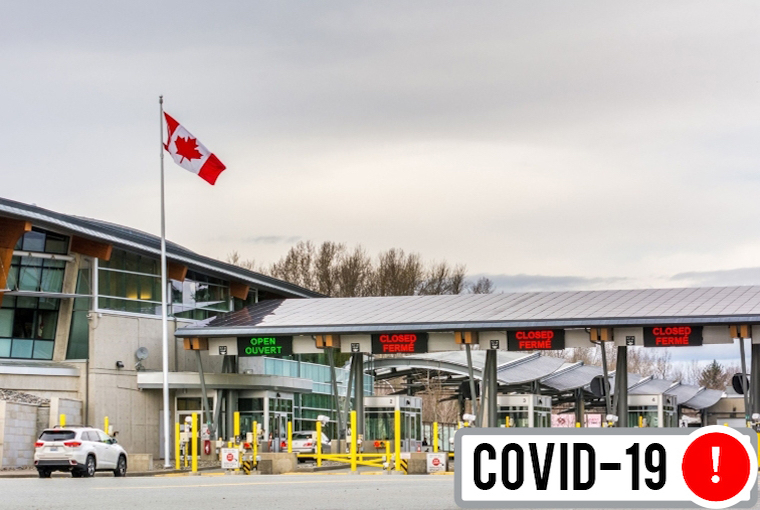
An industry that relies on international tourists to keep the lights on continues to reel in the wake of the Canada-US border closure.
Ontario’s lodges, outfitters, and guides may be wading through different situations in different parts of the province, but each face unique financial challenges and uncertainty brought on by the COVID-19 pandemic.
Local traffic only
Nighthawk Outfitters owner Gary Couillard has an exclusively American clientele, making the 2020 season a wash. He has two remote camps for spring and fall bear hunts near Matheson, about 50 minutes east of Timmins, and is an executive with the Northeastern Ontario Bear Managers Association.
Coulliard is retired and operates his camps out of love and for extra revenue. “We were kind of left hanging. We still have expenses, but very little or no income,” he said, highlighting how many full-time operators rely on their businesses to support families. “My heart goes out to those people because it’s very difficult.”
Cancellations mounting
That category includes Casey and James Falzon, of Brennan Harbour Fishing Resort, located on the Whalesback channel in Spanish, Ontario.
After losing nearly two months of spring operations, the Falzons’ resort is losing between 80 and 85% of business because of border closures.
“We keep getting cancellations, and then we get a booking, but then we get a cancellation, so we still have no idea sort of what our endpoint is going to look like, and so it makes it such a challenge to know what to do,” Casey said.
In an attempt to lessen the financial burden, the province recently announced it would not be charging resource-based tourism operations for certain licences and land-use fees, as well as refunding revenue received for 2020 from licences to provide bear-hunting services and area fees, baitfish harvester and area fees, and dealer licence fees.
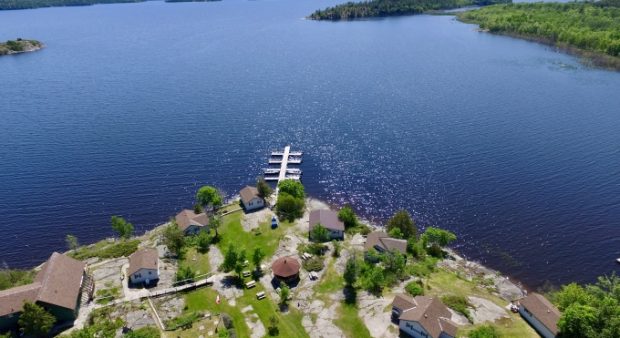
Staffing reduced
At the resort, staffing has been reduced from six to two employees, made only possible by the federal government’s wage subsidy program.
Their season ends in September, so the clock is ticking on recouping losses.
“A lot of people don’t realize the impact of the border closure and how great it is. Particularly for Northern Ontario,” Casey said, adding that mortgage deferrals available to her ignore the problems facing her seasonal business. “So we defer our mortgage for six months, but if I don’t make the money now, to pay after six months, in six months’ time, in the winter, well I’m not going to have money to pay then either.”
Locals don’t spend as much
Even with a $30 million marketing investment from the federal government to promote domestic travel, Falzon says Ontario travellers don’t compare to
American guests who purchase more upgrades and meal plans – leaving a gap even at full capacity.
But she remains grateful for her local guests. “I’m not trying to be negative towards Canadians, because I do the same thing if I go somewhere … but it is nowhere comparable to a typical season for us. We can weather a year, but can we weather two? I don’t know.”
Folks staying close to home
Border closures have had a different impact in Niagara, where Shane Thombs of FINtastic Sportfishing specializes in trolling Lake Ontario and Erie.
He estimates that about 10% of his clients normally come from outside of Canada but says he has already seen some replacement since Phase 2 of reopening.
“Folks that are now restricted in doing long travel or potentially getting the opportunity to go up north to rent a cottage or to do other things at lodge or whatever it might be, that seem to have been restricted because of the pandemic – they’re now being reintroduced to local fisheries.”
Traffic increase noticed
Thombs has seen several local pandemic-related positives, including increased traffic at his community’s boat ramps and tackle shops. The impact for guides and charters in southern Ontario is different than northern destination lodges, which creates an opportunity for guides to be educators.
“If you’re from this area, the Great Lakes, Lake Ontario Lake Erie specifically, you’re starting to discover what good things we have on our back step of where we live,” Thombs said.
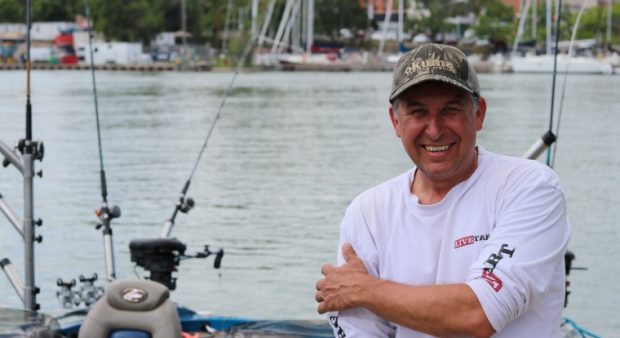
Outdoors offers opportunity: OFAH
Ontario Federation of Anglers and Hunters (OFAH) Manager of Policy Mark Ryckman echoed this notion.
“The OFAH has been in discussions with multiple ministries and the Premier’s office to remind them that angling and hunting can play a key role in kick-starting the provincial economy,” he said. “This is an opportunity to promote domestic tourism …and remove barriers to participation in fishing and hunting.”
Some outdoors tourism businesses will fall through the cracks, acknowledged Officer of the Minister of Economic Development and Official Languages Press Secretary Alexander Cohen.
“Our tourism sector and the 1.8 million people it employs across Canada have been hit hard by COVID-19, and we’re here for them… our support begins with broad measures like the Canada Emergency Wage Subsidy, Canada Emergency Business Account, and Canada Emergency Commercial Rent Assistance to help businesses keep employees, manage cash flow and pay rent – the three biggest concerns we’ve heard from outdoor tourism businesses,” he wrote.
Canada aims to fill gaps
The government also recently announced a $110 million investment in tourism, including $30 million for the Destination Canada campaign, marketing Canadian travel to Canadians themselves, keeping traffic local, and stimulating our economy’s tourism sector.
“As we move forward, we continue to work with outdoor tourism businesses to identify gaps in this response and fill them,” he stated.
Hunting and fishing operators, cornerstones in Ontario’s economy, are feeling the impact of closed borders despite government efforts to help. Time will tell which businesses will weather the storm.


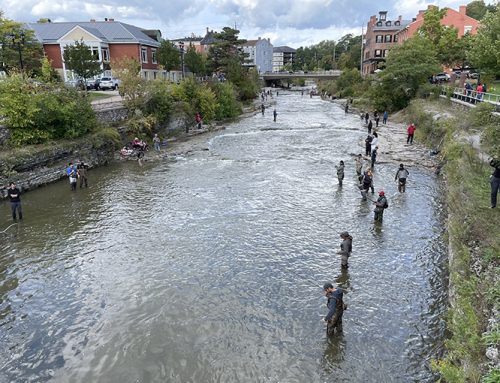
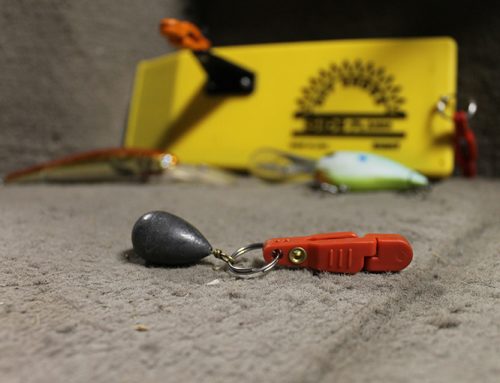
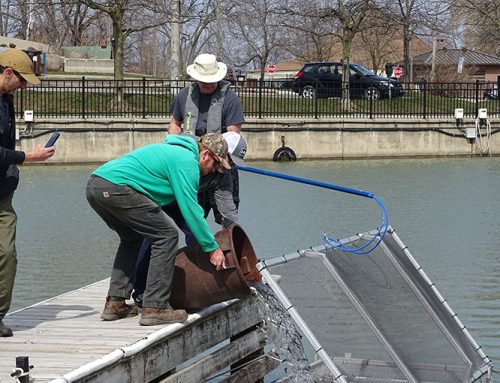
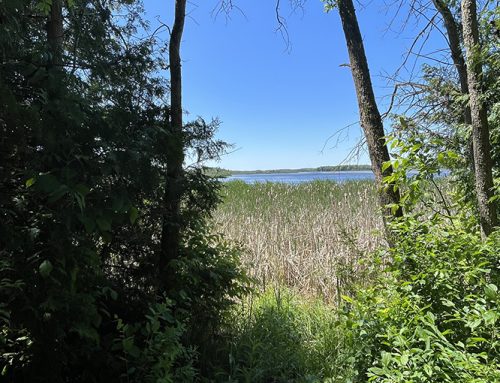
Hi. We own Lac Seul scout lake resort in the Earfalls area. We know first hand that the government money for tourism is in the wrong hands. It is not going to resort owners in the north the money for business doesn’t help the wage subsidized program doesn’t work when you are closed. The 40,000 they gave is you pay back 30,000 and then taxed on the 10,000 so u get about 6,500 money the ministry of natural resources are giving back is about 150. To 1,200 dollars per camp that’s nothing. The marketing money the government gave out is going to used in southern Ontario. All resort owners do there own marketing getting Americans to come north for a outdoor adventure. If you want to talk give me a call 17056534870
I am from the sates. My husband & I buy Ontario fishing licenses every year for our vacations in Ontario. This year we bought them and can’t use them so we’re out $181.22. Our outdoor reward card expires 2020.
We always vacation for 3-4 weeks every year.
More if possible so we buy full year licenses. Any way of getting a extention for next year fishing license?
No use renewing if we can’t use them. Hopefully the border opens for 2021 season. Will have to wait and see. We missed our vacations dearly. We can’t vacation if we can’t cross the border. Been vacationing in Canada for over 30 years.
Hi Loretta, here is a link to all of the laws behind sportfishing licensing in Ontario: https://www.ontario.ca/laws/regulation/980664/v15
From what I can see, there doesn’t appear to be a way to extend your license as you’ve described. General information about purchasing an Ontario fishing license as a non-resident, can be found here: https://www.ontario.ca/page/fishing-licence-non-residents-canada#:~:text=call%201%2D800%2D288%2D,Card%20and%20three%20year%20licence
I’m sorry that you weren’t able to enjoy the opportunity to fish in Ontario this year, and I hope you are able to again soon!